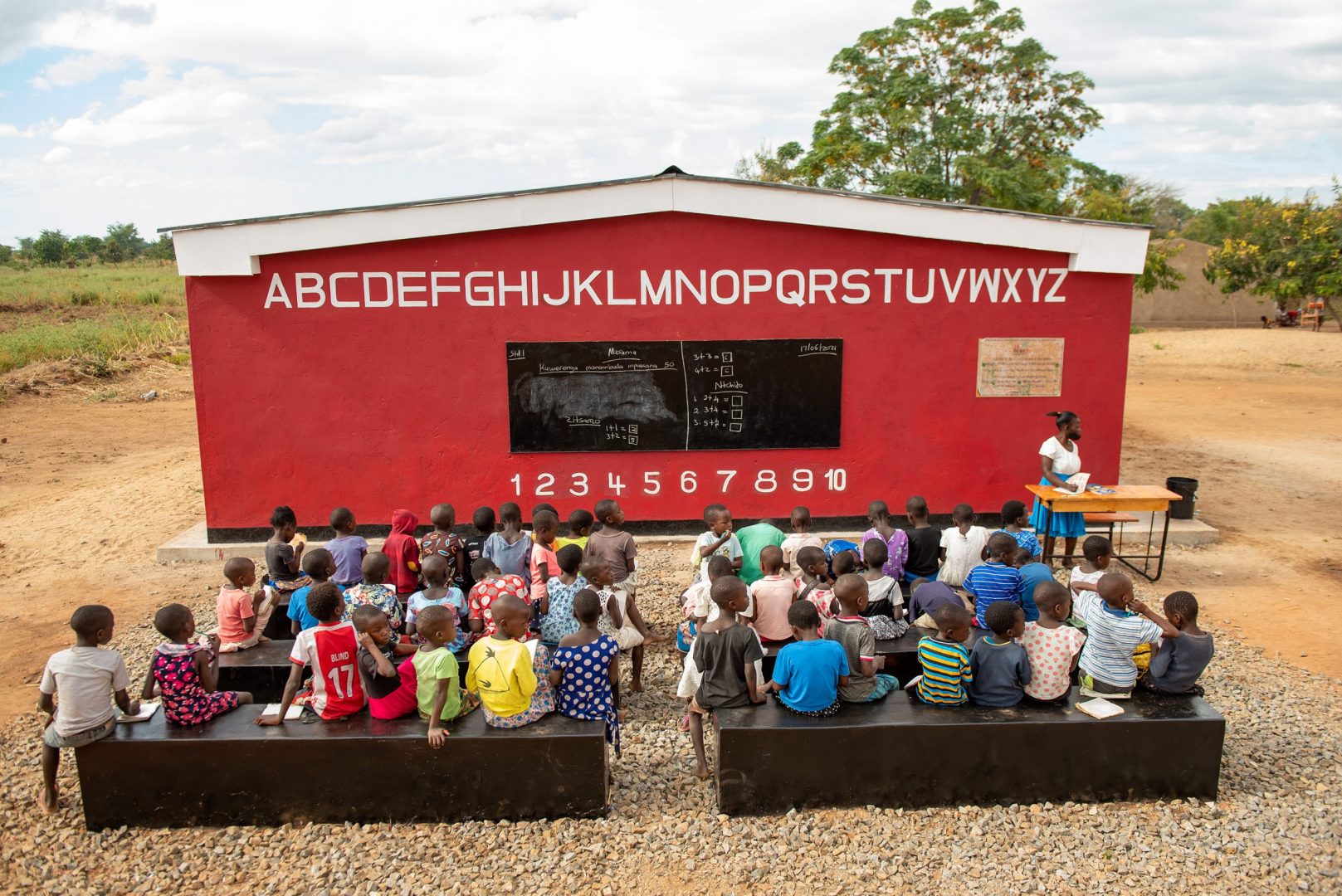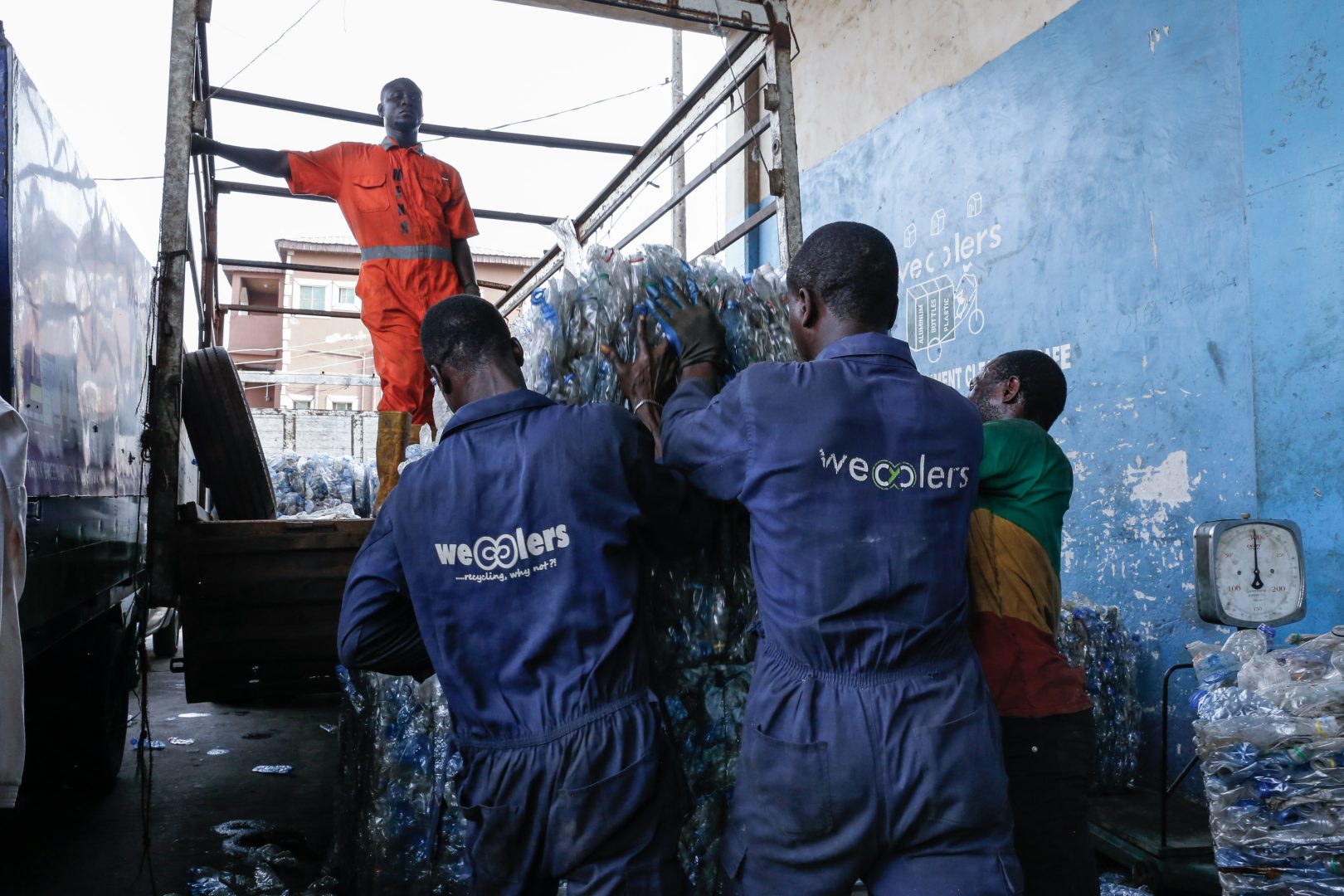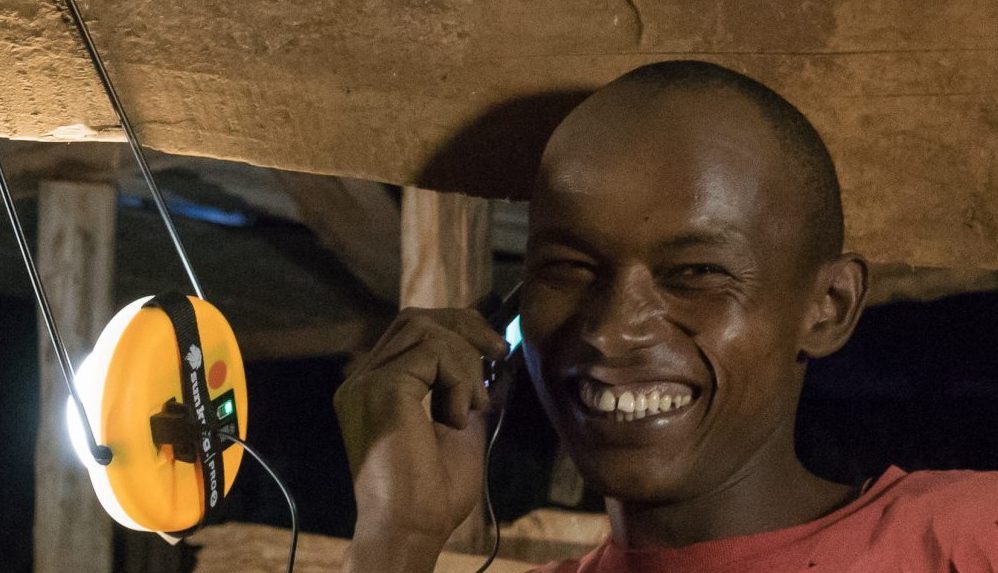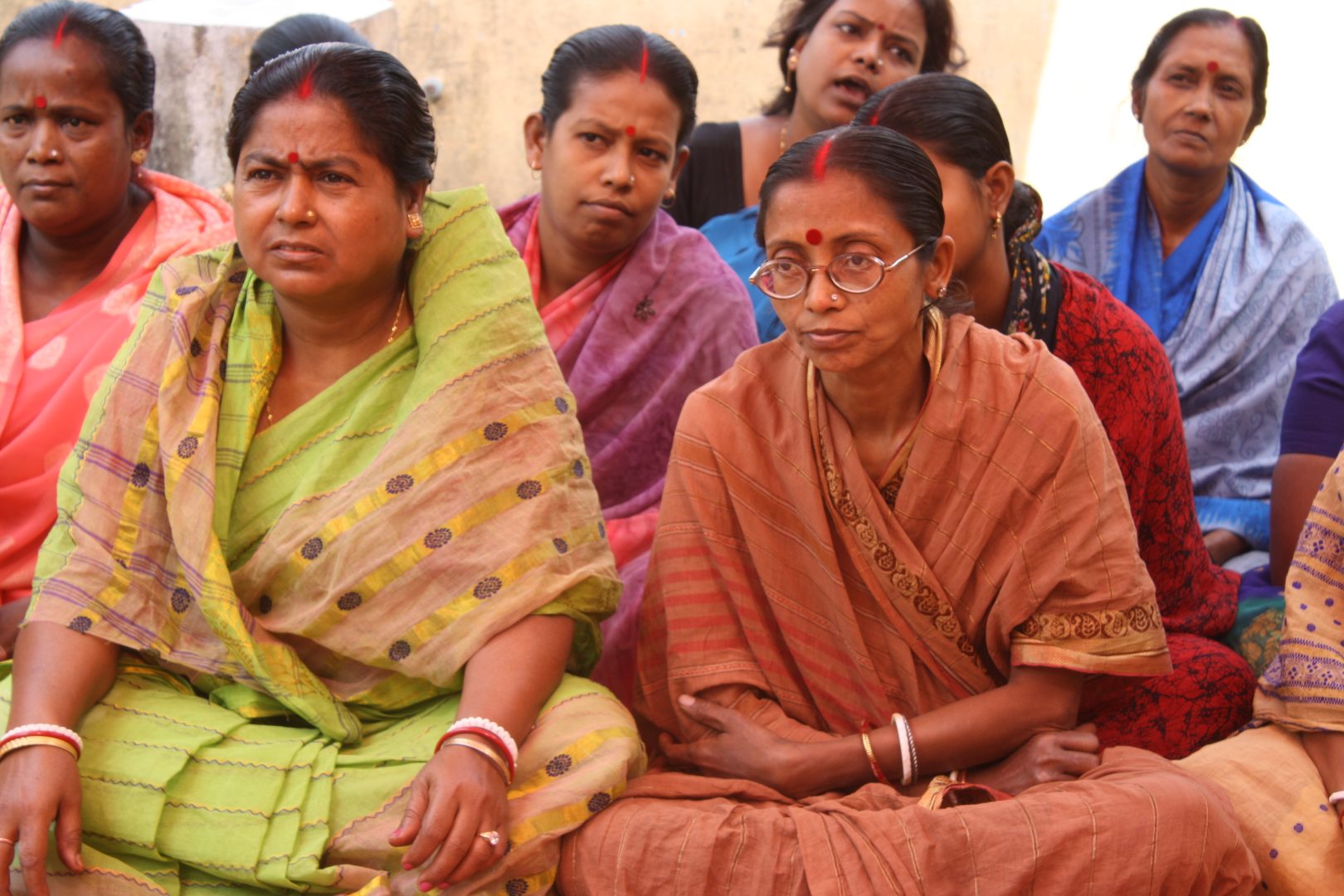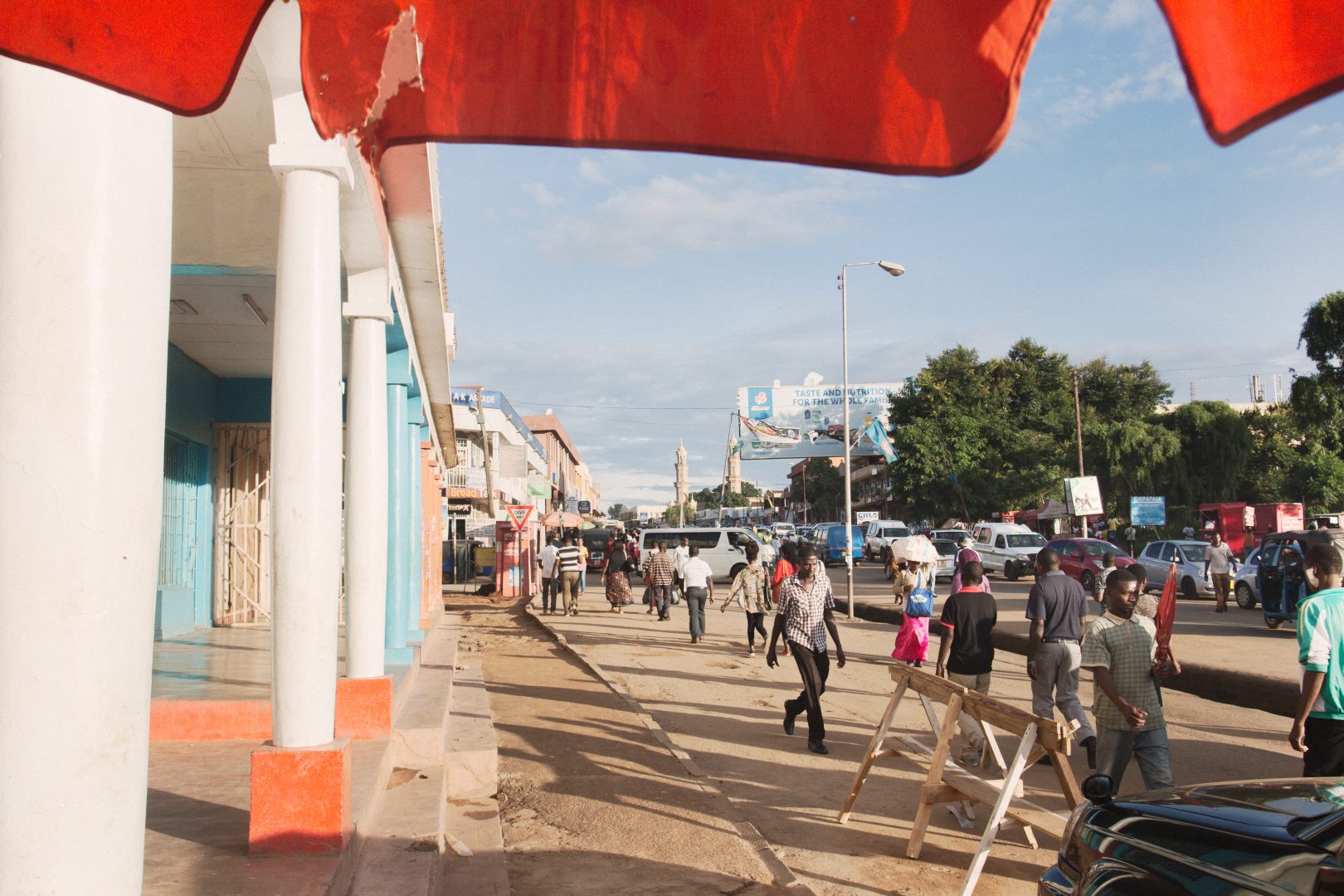Investment to support expansion of affordable, quality primary education
CDC, the UK’s development finance institution, has announced a new US$6 million direct investment to support the expansion of Bridge International Academies, a provider of affordable, quality primary and pre-primary education for children from poor families. CDC is investing alongside IFC, a member of the World Bank Group, and existing investors. The funding will support the company’s plans to expand to more countries in Africa, where Bridge currently operates, as well as in India. While Bridge already educates 80,000 children, the organisation’s mission is to reach ten million over the next decade.
Bridge International Academies, founded in 2008, now operates over 250 schools in Kenya teaching the national curriculum, serving pupils from families who live on less than US$2 per day per person. Bridge has established a new model for delivering quality education, leveraging data, technology, and scale to standardise everything from content development and teacher training to academy construction and billing. Teachers use computer tablets to deliver dynamic, scripted lessons prepared by a world class content team. The tablets also track lesson pacing, lesson completion, and assessment scores, which are used to adjust and improve future lesson materials, and guide continuous professional development for teachers.
This standardised approach enables Bridge International Academies to deliver affordable education, charging an average of just over US$6 per month in fees. This makes it possible for poor families to send all of their children—girls and boys—to a quality school and for each academy to be self-sustaining. Independent testing shows that Bridge pupils outperform students at public and other low-cost private schools by wide margins in reading and maths. Bridge International Academies currently offers three years of early childhood education, and seven years of primary education (Classes 1-7). Class 8 will be added in 2015.
The company directly employs over 3,000 people, with all the teachers living in the communities where they work. Indirectly, Bridge provides work for thousands more in construction, supplies, distribution and water.
“As well as having the potential to transform education for children from low-income families, Bridge is already a large employer in Kenya, particularly amongst 24 – 35 year olds who were previously unemployed. The investment will support the company to create almost 10,000 new jobs, both in Kenya and in other developing countries.”
“All children, regardless of family income, deserve a chance to get the education they need to improve their lives and contribute to society. All parents deserve the opportunity to see their children succeed. We look forward to placing tens of thousands of low-income children into top public secondary schools where they will continue to thrive.”
“High-quality, affordable education has the potential to expand access to education for the poor in developing countries, and transform the lives of children living in poverty.”
